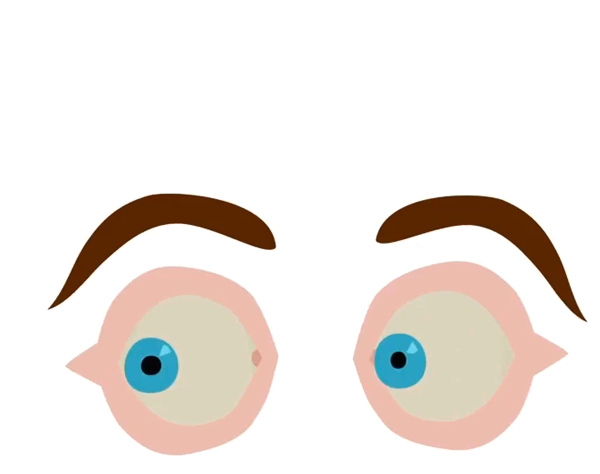
Stress, Trauma and Burnout
June 12, 2015
‘Pain is an unpleasant sensory and emotional experience associated with actual or potential tissue damage or described in terms of such damage” (International Society for the Study of Pain)
Persistent pain is demoralizing and leads to many mental health consequences that can become as problematic as the pain itself. Many people are fearful that when they are referred to a psychologist for “pain management” that the doctor is implying that the pain is ‘all in their head’. This is not the intention of the referral; rather it is to support the person dealing with the frustration of medical interventions which may not “cure” the pain and the emotional distress that comes from pain that is difficult to treat.
Psychological factors are known to modify the perception of pain and to modulate the experience of pain but are rarely the sole cause of pain. The first step in pain management is to accept the pain as real, to accept that cure may not always be possible, to help the individual to adjust to the pain experience, to improve their overall functioning even with the pain and improve their quality of life.
Pain that is unpredictable, ambiguous in its origin (that is, no one can tell you what’s causing it) and has major effects on the ability to work, undertake normal roles such as being a father or mother will lead potential lead to depression in approximately 40-60% of chronic pain patients. Mental health consequences of pain should not be ignored.
The psychologists at Psychology on Parade are experienced in treating chronic pain and helping clients return to function and return to work where possible. They recognize that chronic pain is a complex experience and that often compensation schemes are involved and the family of the patient is affected by the patient’s pain also.
Inside every chronic pain patient is an acute patient wondering what happened.


